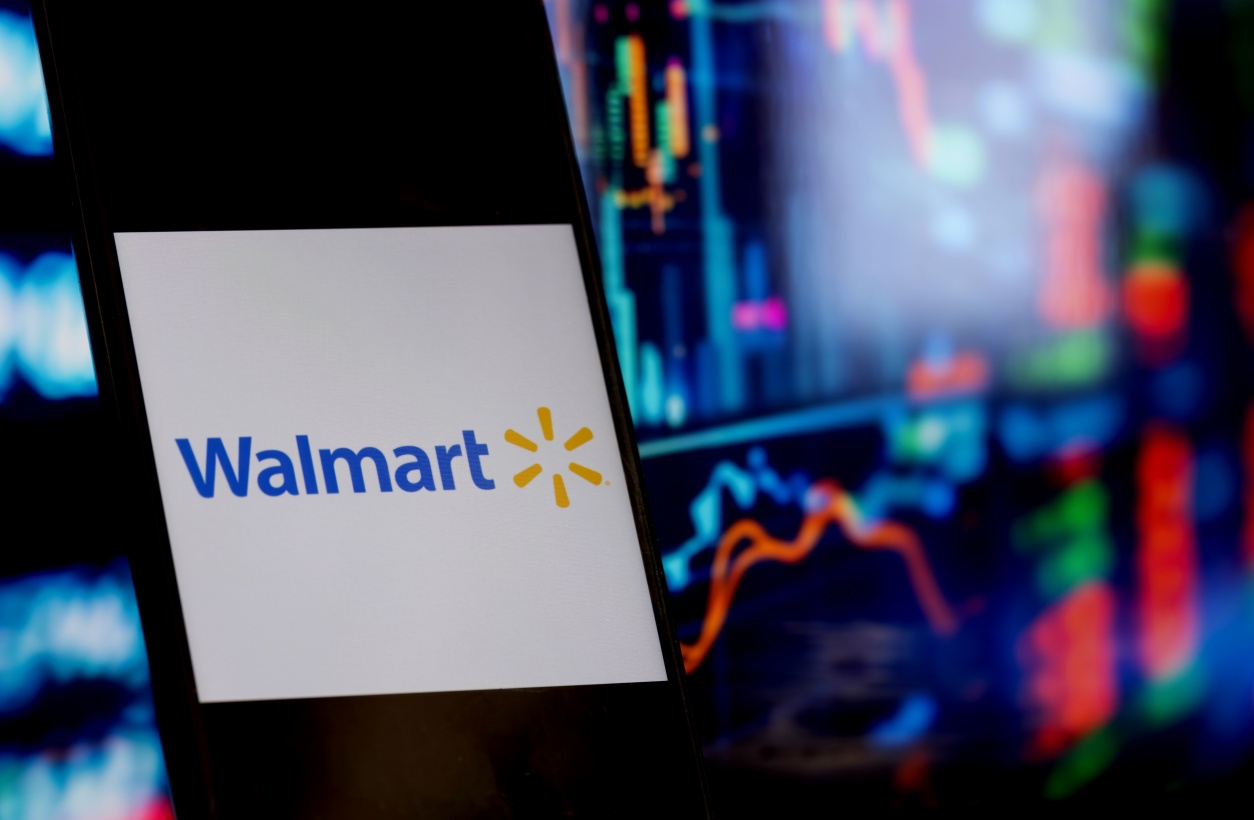Up 97% in 2 years, Is Walmart a No-Brainer Dividend King Stock to Buy Now?

Walmart (NYSE: WMT) stock nearly doubled in the last two years while the S&P 500 (SNPINDEX: ^GSPC) gained 43.3%.
Where to invest $1,000 right now? Our analyst team just revealed what they believe are the 10 best stocks to buy right now. Learn More »
In addition to the impressive gains in the share price, Walmart has been making some monster dividend raises. Its latest boost increased the dividend by 13% -- marking the 52nd consecutive year that Walmart has bumped its payout. That streak makes Walmart one of 55 companies that have raised their payouts for at least 50 consecutive years -- known as Dividend Kings.
Let's dive into Walmart's latest earnings report and how management is positioning the company amid tariff tensions and pressures on consumer spending to see if the Dividend King is a no-brainer buy now.

Image source: Getty Images.
Tariffs are hitting Walmart's bottom line (and customers' wallets)
Walmart has improved its supply chain, which will help it cushion the blow from tariffs. On its latest earnings call, Walmart said that over two-thirds of what it sells in the U.S. is made, assembled, or grown in the U.S. and that, because it moves a lot of products, it can adjust quantities over time to navigate tariffs instead of stocking up on inventories and hoping they sell. But even with these advantages, Walmart can't offset all of the added costs from tariffs. Walmart CEO Doug McMillon said the following on the latest earnings call: "We will do our best to keep our prices as low as possible. But given the magnitude of the tariffs, even at the reduced levels announced this week, we aren't able to absorb all the pressure given the reality of narrow retail margins."
In other words, Walmart is saying that if tariffs keep up, it will raise prices. But it remains to be seen how already strained consumers will respond to price hikes.
The cloudy outlook is already reflected in Walmart's guidance. Full-year fiscal 2026 sales in constant currency are only expected to increase 3% to 4% year over year, adjusted operating income is expected to grow by 3.5% to 5.5%, and adjusted earnings per share (EPS) is expected to be $2.50 to $2.60 compared to $2.51 in fiscal 2025.
The glass-half-full outlook on Walmart is that the slowing growth is OK, given that Walmart is coming off a record year, and therefore, the comps are tough. There's also a fair argument that even a little bit of growth is impressive, given the operating environment. But investors care more about where a company is headed than where it is today. And there are signs that the rally in Walmart stock may be getting overextended.
A high-flying Dividend King
Walmart's business model has never been better thanks to investments in e-commerce, new store openings, existing store renovations, the build-out of services, and its growing advertising segment. However, given macro challenges, the company is likely going to have a harder time sustaining the growth rate investors have grown accustomed to in recent years. And the stock is far from cheap, with a forward price-to-earnings (P/E) ratio of 38.5 based on the midpoint of its fiscal 2026 adjusted EPS guidance.
Because Walmart is such a better company today than in years past, it definitely deserves a higher-than-historical valuation. But Walmart's 10-year median P/E is 27.4. So investors aren't just paying a little more for the stock, they are paying a lot more. And that premium is hard to justify given the challenges Walmart is facing.
Although Walmart's last two dividend raises have been sizable, it only yields 1% because of how strong its stock price has been performing. That's lower than the S&P 500 average of 1.3%. So while investors are getting the track record of Walmart's decades of dividend increases, they aren't getting nearly the yield that can be obtained from other Dividend Kings.
For example, Procter & Gamble yields 2.6%, Coca-Cola yields 2.8%, and PepsiCo yields an all-time high 4.4%. And all of those Dividend Kings sport valuations far lower than Walmart's.
In no-man's-land
Investors may be willing to take a lower yield for Walmart if it were growing quickly or if the valuation were dirt cheap. But Walmart is priced to perfection, and its growth has stalled.
Ultra-risk-averse investors who aren't focused on passive income may still want to buy or hold Walmart because it's a business that can be counted on no matter what the economy is doing. But most folks are better off scooping up shares in other Dividend Kings or pivoting to tariff-resistant growth stocks.
For example, Microsoft has a less expensive valuation than Walmart, is still growing at a solid rate, is tariff-resistant, and has a 0.7% yield.
Add it all up, and it makes little sense for investors to put their hard-earned savings in Walmart at this valuation, given the alternatives.
Should you invest $1,000 in Walmart right now?
Before you buy stock in Walmart, consider this:
The Motley Fool Stock Advisor analyst team just identified what they believe are the 10 best stocks for investors to buy now… and Walmart wasn’t one of them. The 10 stocks that made the cut could produce monster returns in the coming years.
Consider when Netflix made this list on December 17, 2004... if you invested $1,000 at the time of our recommendation, you’d have $642,582!* Or when Nvidia made this list on April 15, 2005... if you invested $1,000 at the time of our recommendation, you’d have $829,879!*
Now, it’s worth noting Stock Advisor’s total average return is 975% — a market-crushing outperformance compared to 172% for the S&P 500. Don’t miss out on the latest top 10 list, available when you join Stock Advisor.
*Stock Advisor returns as of May 19, 2025
Daniel Foelber has no position in any of the stocks mentioned. The Motley Fool has positions in and recommends Microsoft and Walmart. The Motley Fool recommends the following options: long January 2026 $395 calls on Microsoft and short January 2026 $405 calls on Microsoft. The Motley Fool has a disclosure policy.







